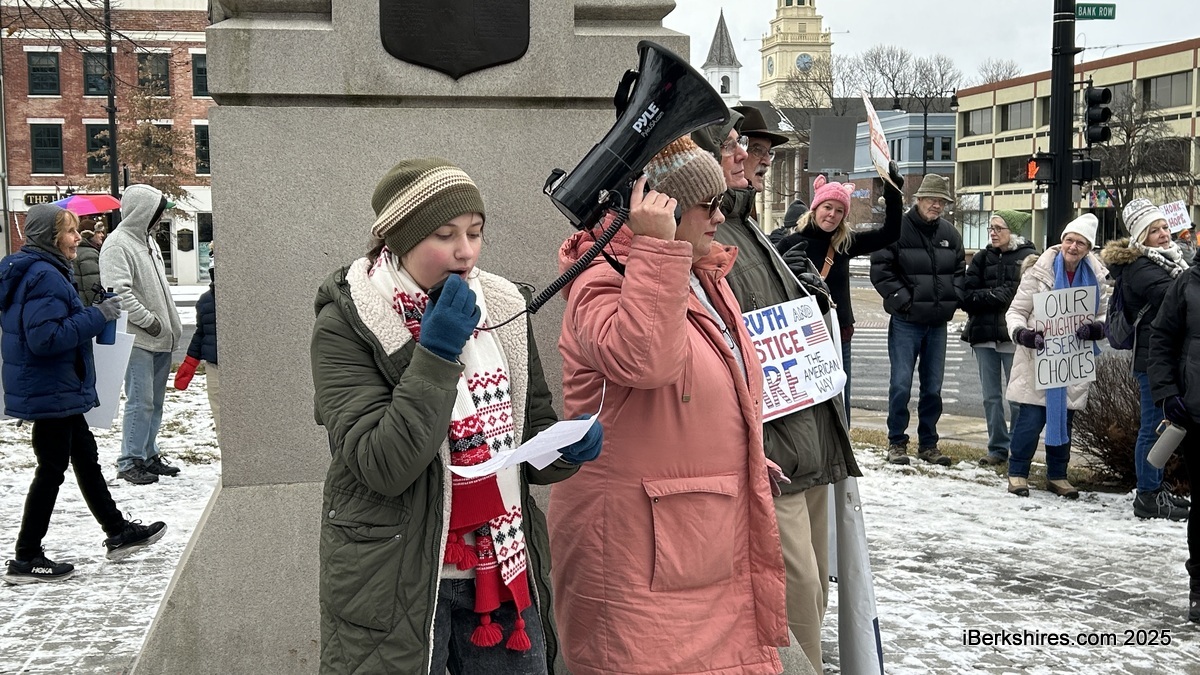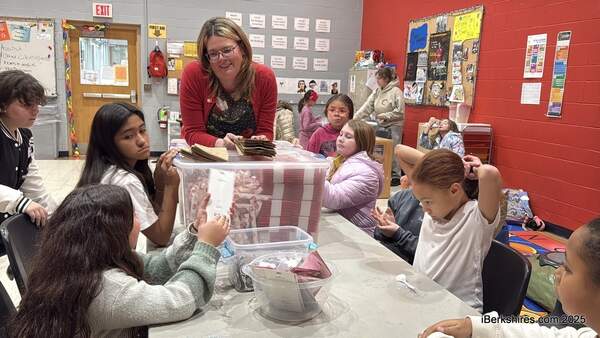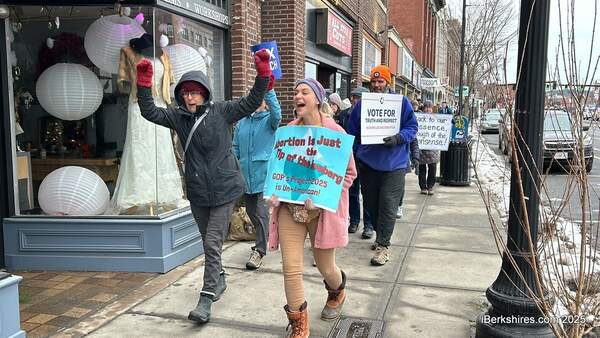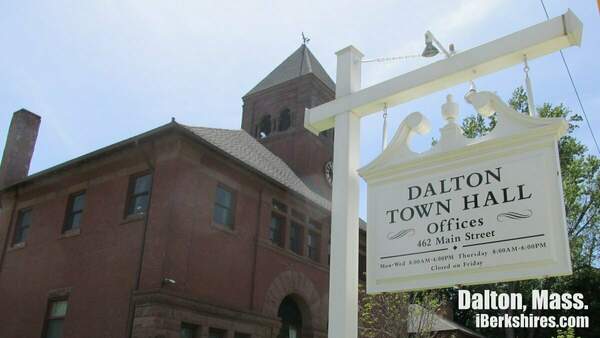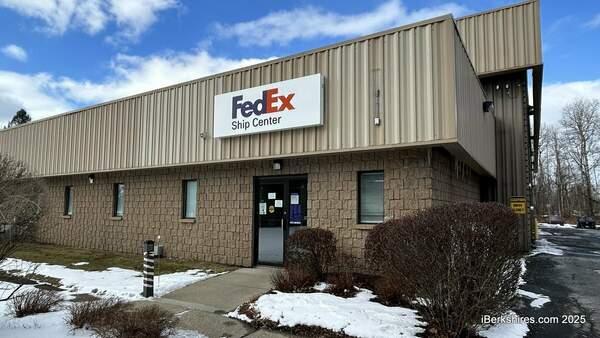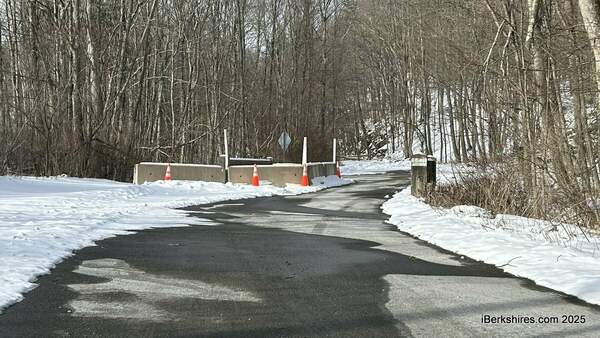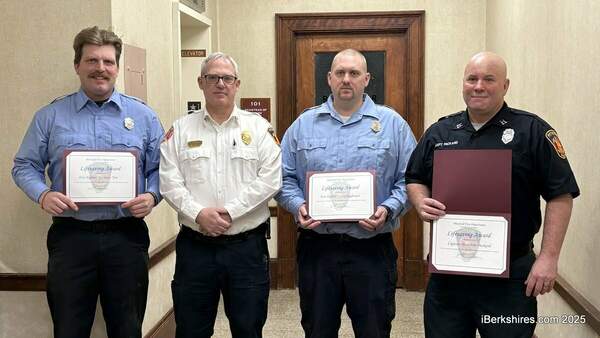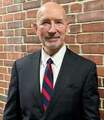Smithsonian Leaders Hail Berkshire Museum SparkLab Partnership
|
The SparkLab space intends to teach concepts of innovation and invention in youth. |
PITTSFIELD, Mass. — Executives of the Smithsonian praised Berkshire Museum's new interactive SparkLab as part of the beginning of a new national initiative it hopes to spread around the country.
The new SparkLab exhibit area, which opened to the public on Saturday, is one of the first three of its kind, emphasizing an interactive environment aimed at instilling concepts of innovation and invention in youth.
“We think that real innovation will happen in this space,” according to Claudine Brown, Assistant Secretary of Education & Access at the Smithsonian. “Every SparkLab is different, and this one is architecturally beautiful.”
Berkshire Museum is one of 192 affiliate museums to the Smithsonian, and is among the first four satellite locations worldwide for the SparkLab exhibit program, which is also now in Reno, Kansas City, and India. Two more are currently in development in Alaska and Michigan.
“It is one of those museums that is an exemplar of the museums that we work with,” Brown said of the Berkshire Museum.
Jeffrey Brody, deputy director of the Smithsonian's Lemelson Center for the Study of Invention and Innovation, said that the original SparkLab at the Lemelson Center served over 600,000 youth within its first three years. Early successes, he said, prompted the museum to open the program up as a national network.
“It is spectacular to have SparkLab at the Berkshire Museum,” Brody said.
SparkLab is a “multi-disciplinary experience” whose mission is to document and interpret invention, cultivate innovation, and promote education about the role of creativity and invention, he said.
“Our collective efforts to bring SparkLab here is a milestone in our common pursuit to share and instill in the next generation of young people, the knowledge and skills and tools that they're going to need to change the society around them."
Maria Mingalone, Berkshire Museum's Director of Interpretation, said that SparkLab is a crucial opportunity for children to have opportunities for unstructured play which cultivate creative learning.
“Play is really a child's work,” according to Mingalone. “It's so important to have a creative laboratory space that is child-directed, and allows visitors to gravitate toward the activities that they have a genuine interest in, and allows for open ended play and exploration."
“It's a reminder to us adults, too, to stay creative,” Mingalone said.
The unique space for the Berkshire Museum's SparkLab was designed by architects Tessa Kelly and Chris Parkinson of CPTK Architects, both Berkshire natives with an interest on educational and cultural projects.
The museum says the new exhibit will remain in action for at least the next two years.


